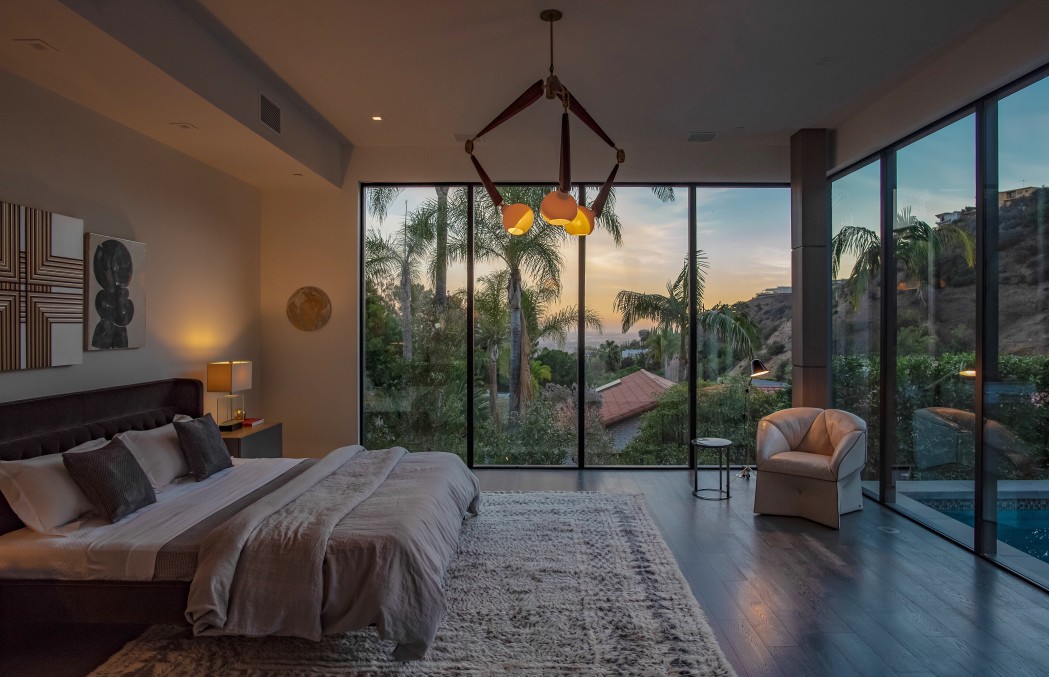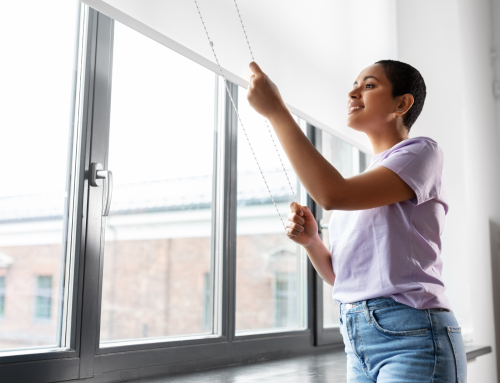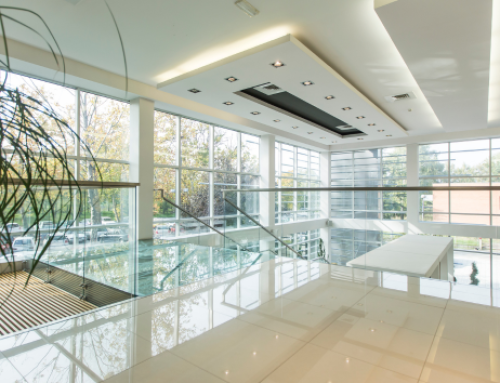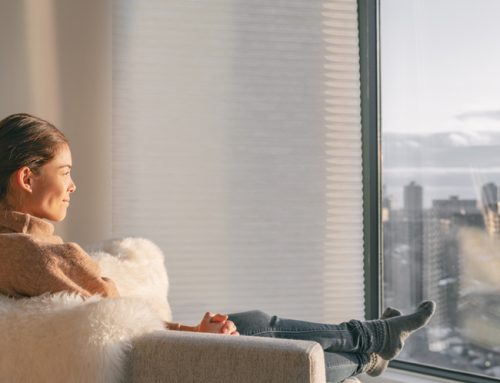How Residential Window Film Improves Home and Windows
For many, the idea of residential window film can be a daunting one. It’s understandable to have questions and concerns about how it will look on your home windows. The good news is that modern-day films lend themselves perfectly to any style or design while also providing UV protection from harmful sun rays as well as insulation benefits for those cold winter days.
Home window film can help increase the aesthetics and value of your home. Unlike traditional films, modern ones allow in light while blocking harmful UV rays and adding insulation against outside climate extremes so that you don’t have to worry about anything but looking good for years to come. The experts at Clear View Window Tinting know what they’re doing when it comes time for installation!
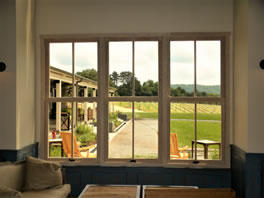
Sun & Comfort Control Window Film
How Does Window Tint Affect the Light in the Home?
Window film doesn’t alter the color of your room, but it does let you control how light enters and interacts with surfaces. This is important because window film has a lot to do with eliminating glare from sunlight shining on an interior space which can make everything feel less bright or darker depending on where the sun shines in through windows.
For homeowners who want their house’s colors to remain unchanged by outside sources such as UV rays penetrating into homes, light glare in the winter, heat coming off hot asphalt during summer days that get trapped inside due to lack of ventilation when people are home all day long – window films should be considered for installation. Window films also help reduce energy costs since they keep out cold air while letting in cool breezes
Will Window Film Reduce Energy Costs?
If you have a lot of windows that receive sun throughout the day, air conditioning is likely needed to keep your rooms comfortable. Modern solar control window film works by stopping heat at the windows and reducing how much heat from the sun enters your home. By decreasing this amount of sunlight coming in, heating will not need to be as hard on keeping it cool inside, so you’ll save money!
The result is less energy usage and less wear and tear on your HVAC unit since it is not working as hard. Savings vary by a particular house, the number of windows, type of existing windows, and the specific orientation of the home to the sun.

UV Blocking Window Film Helps Prevent Fading
Residential Window Film Helps Stop Fading
The misconception that UV rays are the only cause of faded floors and sun damage to furniture is a common one. While they do account for 40% of this problem, solar heat, visible light, humidity levels inside your home, and interior lighting all contribute as well!
Professionally installed window films work to typically block 99+% of the UV rays but also work to reduce the contributing factors of visible light and heat.


